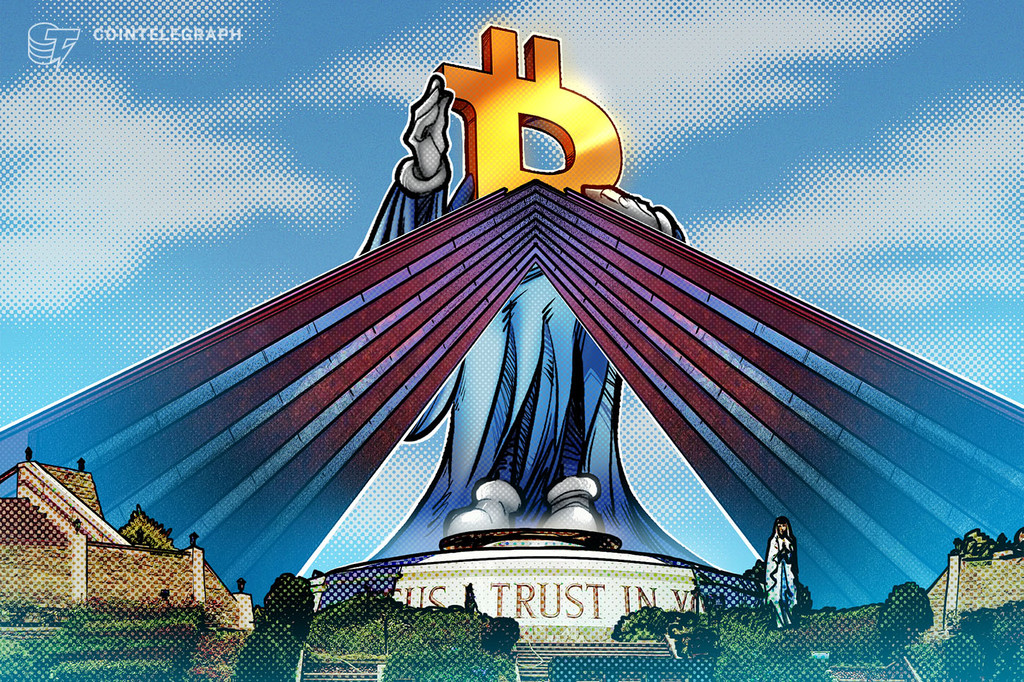
“El Salvador is predominantly a service economy, and its major export is human labor to the United States. Thus, international remittances form a major inflow of money into the country. When you pair this with the fact that roughly 70% of the nation is bankless and a significant amount of the incoming money is taken by middlemen and money service providers at unreasonable rates, you can see why Bitcoin would be an attractive option for the nation.
Since El Salvador was already using a foreign currency, the U.S. dollar, as its legal tender, it did not have to worry about any loss of seigniorage or control. Rather, it now has a dual model where both the U.S. dollar and BTC are legal tender options available to its citizens.
Barring any subversive intervention by the West, I believe that in the relatively short run, the new law will have a very positive impact on El Salvador’s local economy, especially given that part of the legislation protects against Bitcoin’s volatility by providing all vendors guaranteed access to a spot market for converting their BTC to dollars at a click of a button. On a global scale, El Salvador has already made a number of emerging countries explore incorporating Bitcoin as a tool in improving their financial systems.
Some disagree with my point of view on the short-term benefits of El Salvador’s Bitcoin initiative, citing that since a third of the population is without internet access, they will not benefit from Bitcoin as a solution for financial inclusion. First, if you consider these statistics and also assume, in the worst case, that all those who don’t have internet access are unbanked, then El Salvador’s Bitcoin Law would be directly responsible for the financial inclusion of, at least, 37% of its population, or at least 2.3 million individuals who would have been previously unbanked.
Furthermore, it is a fallacy to think that you need full internet connectivity for each citizen in order to take advantage of the Bitcoin network based on the system that El Salvador has set up. You actually don’t. What you do need is a nationwide mobile communications network. Virtually every Salvadoran, even in the most remote villages, has smartphones that are more than capable of running El Salvador’s official wallet app, and the 2G network connectivity that blankets the whole nation is actually all that the wallet requires in order to participate on the Bitcoin Lightning network. It wouldn’t be impractical, in the very near term, for the government to enable the wallet functionality for virtually every citizen as a core service, in addition to voice and text communications as primary mobile services, if the desire was there.
In the longer run, I think legal tender currencies that are not under the control of any particular government will be a major leap forward in making the world a better place and a step closer to a democratic ideal. My personal opinion is that Bitcoin currently has some inherent economic, environmental and technical flaws that make it a bad choice for an ultimate world currency. At the same time, as purely a societal construct, it can evolve to be the right system as the majority sees fit, and it will if it is to survive.”
Tagged with: Cointelegrapth • crypto news


